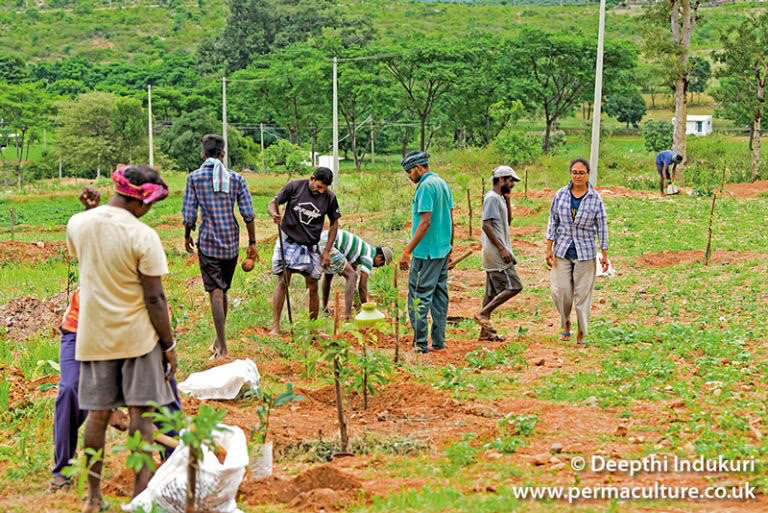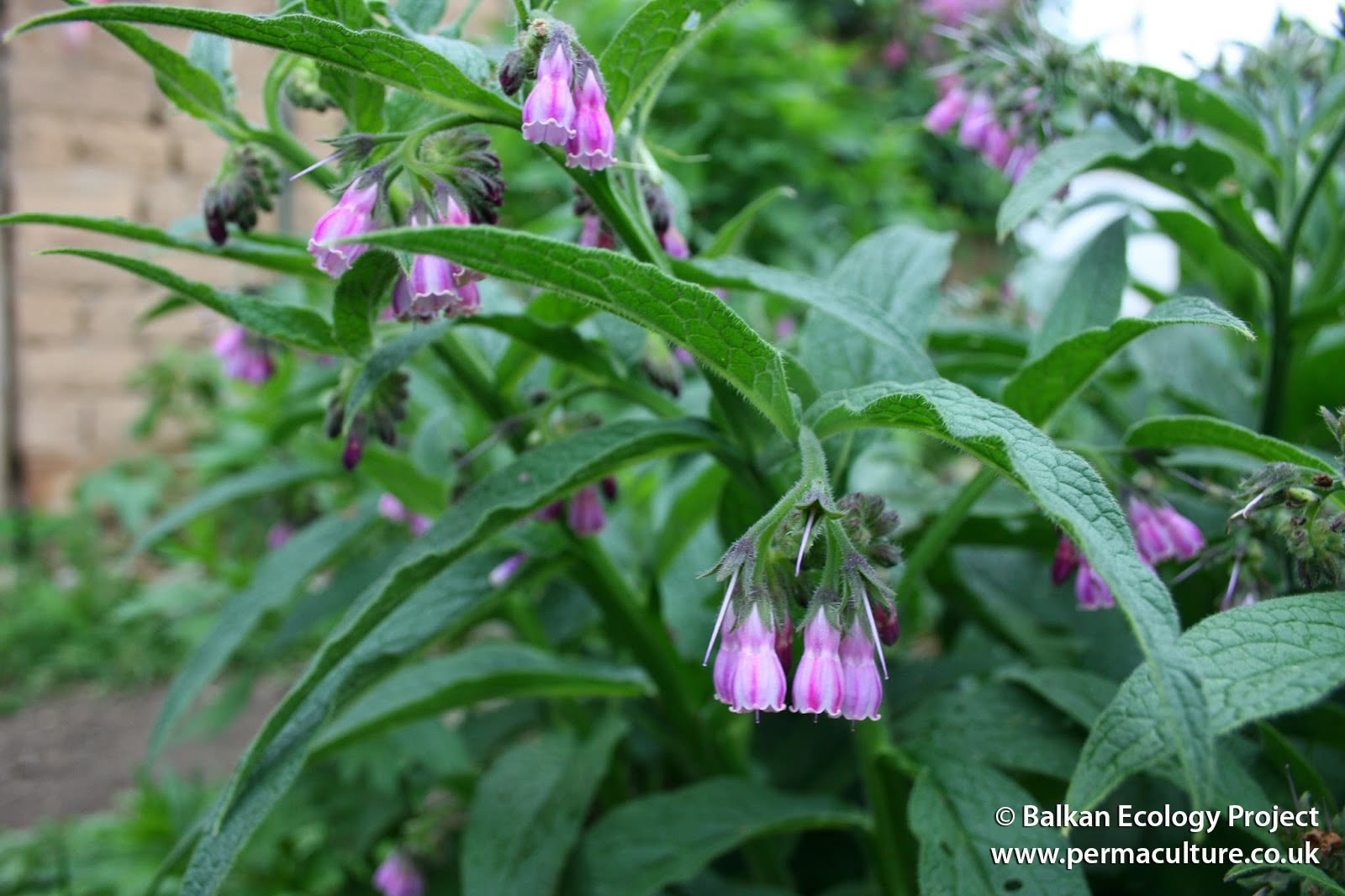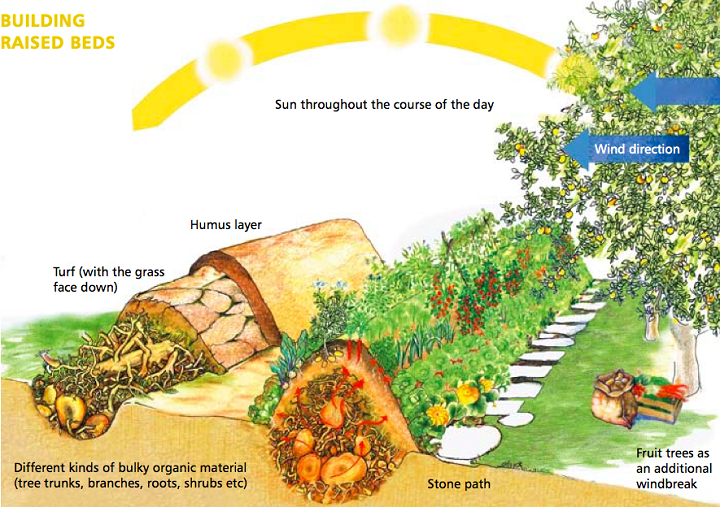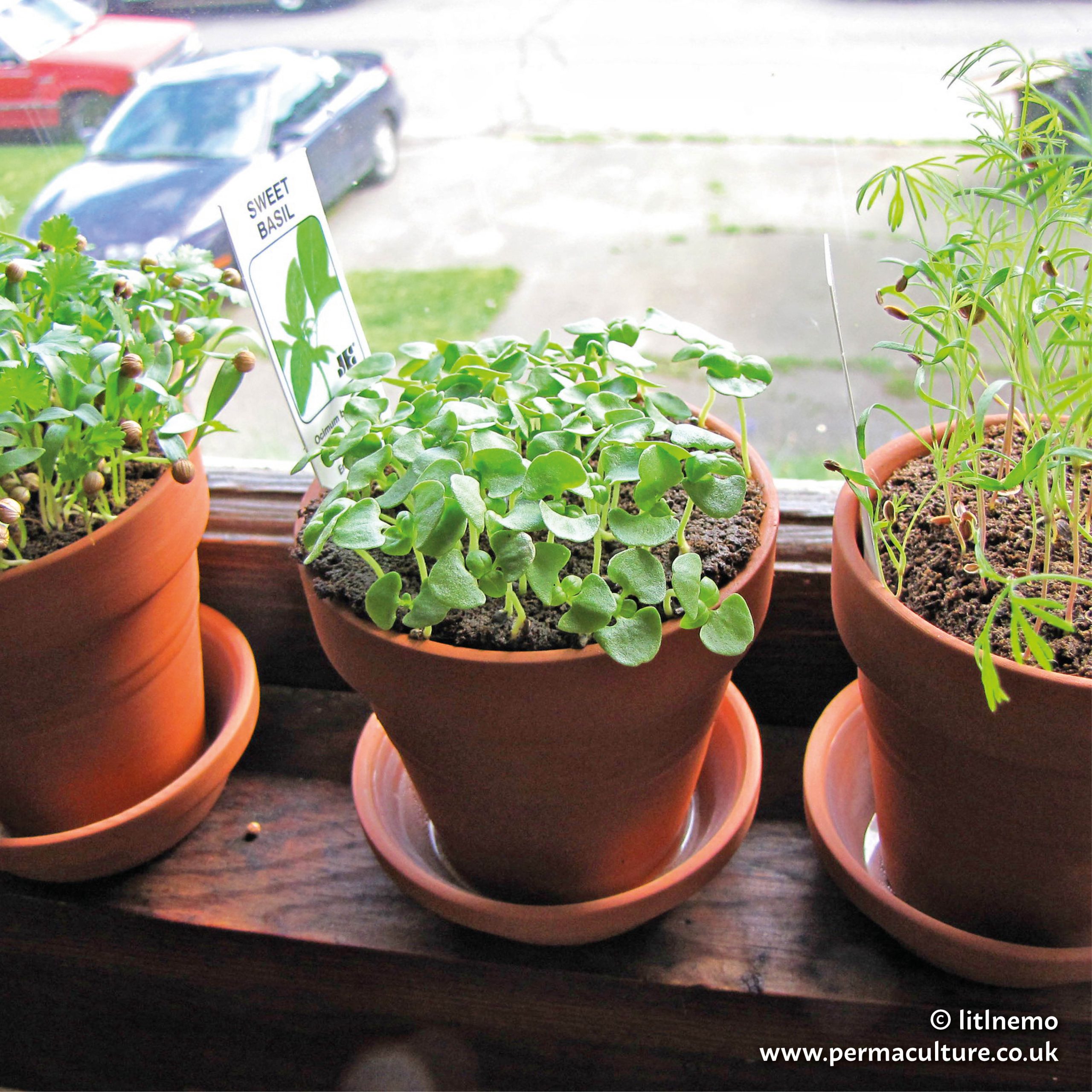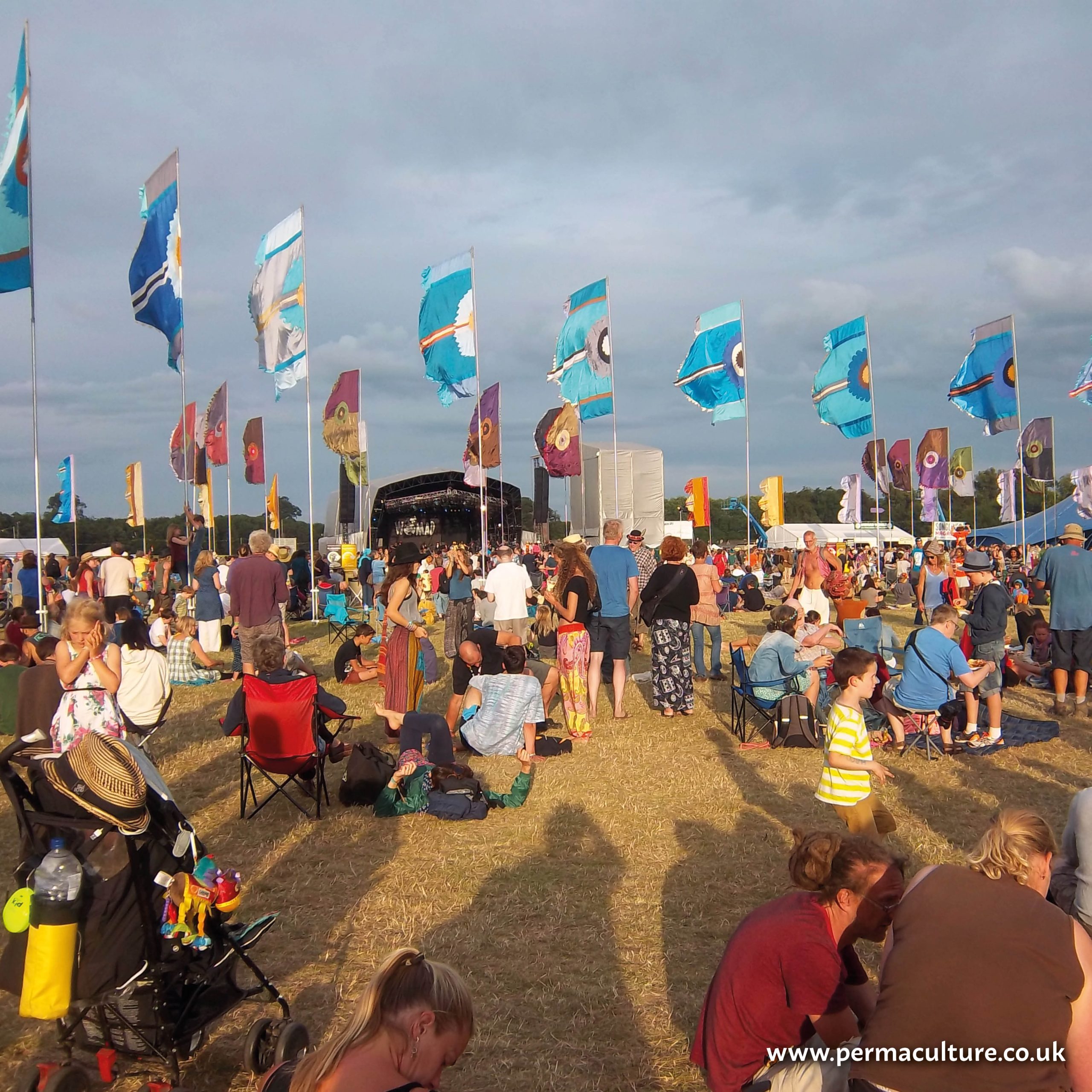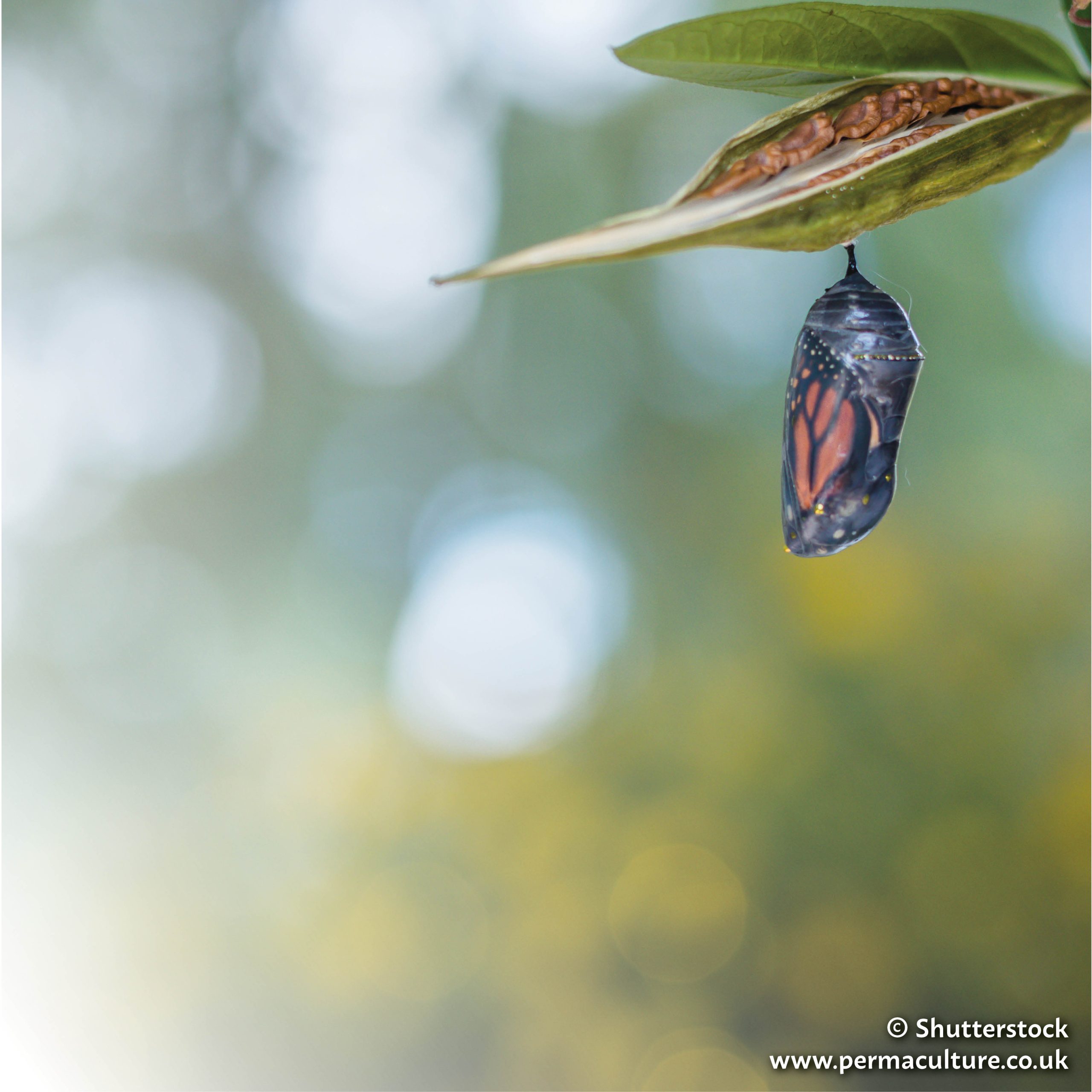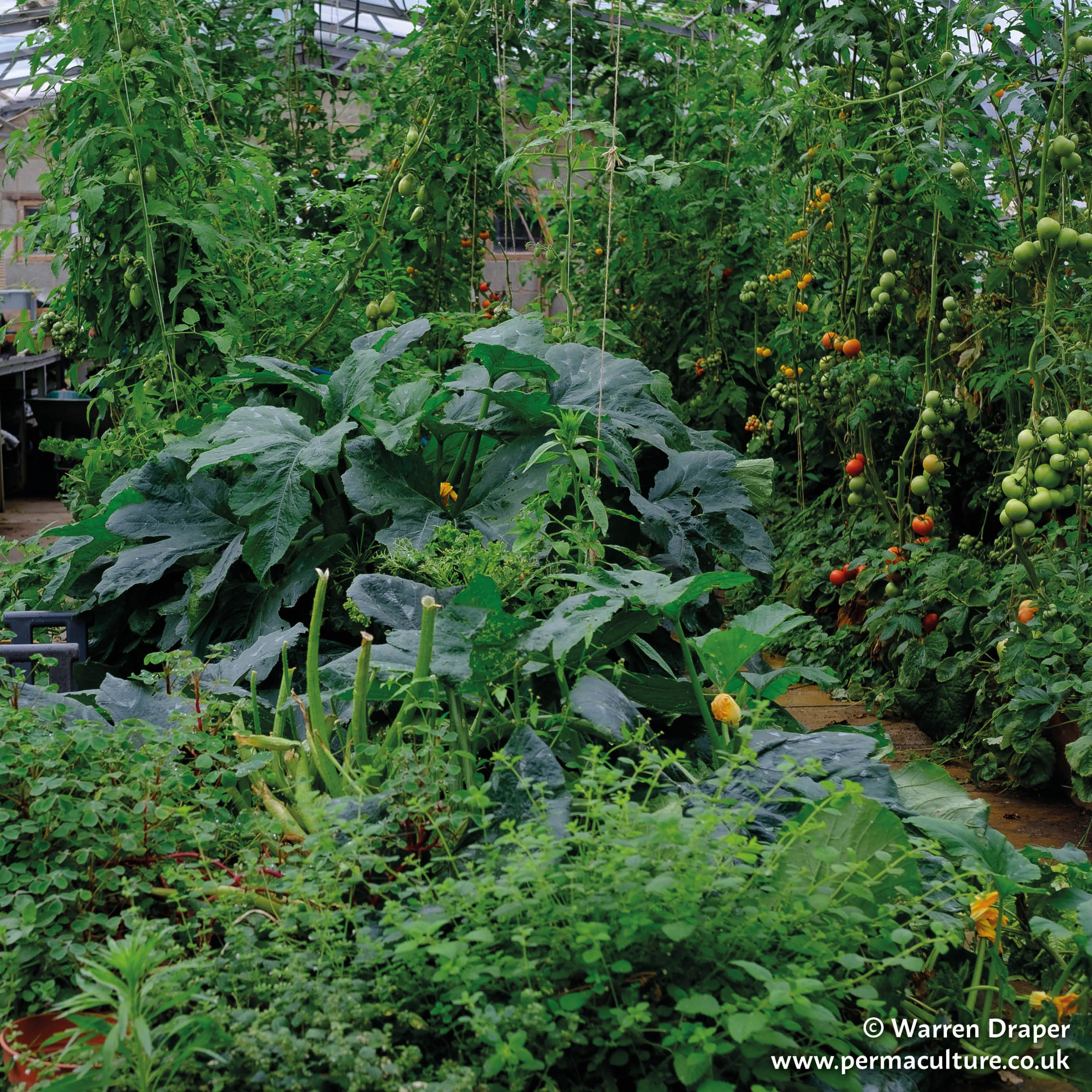In the UK there are some trail-blazers when it comes to ‘ecobuilding’. Firstly, Ben Law whose beautiful house in a Sussex wood was featured on Channel 4’s Grand Designs more than 10 years ago and secondly Tony Wrench’s roundhouse at Brithdir Mawr in Pembrokeshire. He built it in 1997-8 and retrospective planning permission was declined several times. The significance of ecobuilding pioneers like Ben and Tony cannot be underestimated as sustainable development has emerged as the overarching objective of the planning system.
Tony Wrench’s book is practical yet unfussy, written with humour and full of valuable information with lots of photographs and illustrations. He tells the story of the building very well. It is very inspiring to read because it changes your perspective on what is possible.
It covers the design of the house using what is called a reciprocal frame roof (which is self supporting) and devotes attention to what is the skeleton of the house. It then describes the construction of the roof, the walls, water management systems, what you can do on the outside of the house, electrics and a section on a compost toilet. Although principally a ‘how-to’ book, it is written with wit and in a clear way.
This new edition gives updates based on feedback and the learning since the house was first built, looking at what worked and what proved unnecessary. It also revisits some of the techniques used in building the roundhouse. For example, for new builds he now recommends using more than one waterproof layer (terram or another similar geotextile) for the roof to avoid leaks.
Moreover, Tony discusses adjustments made to the floor, compost toilet, the stove/fire, renewable electricity, reed bed, kitchen, windows and basic design/lifestyle issues. He offers lots of interesting small details gleaned from experience, having lived in the house now for more than a decade. The final chapter discusses planning, the all-important factor facing many potential ecobuilders. It is this issue that puts many people off their dream.
If you are interested in living sustainably then this book deserves a prominent place on your ‘important books’ bookcase.
